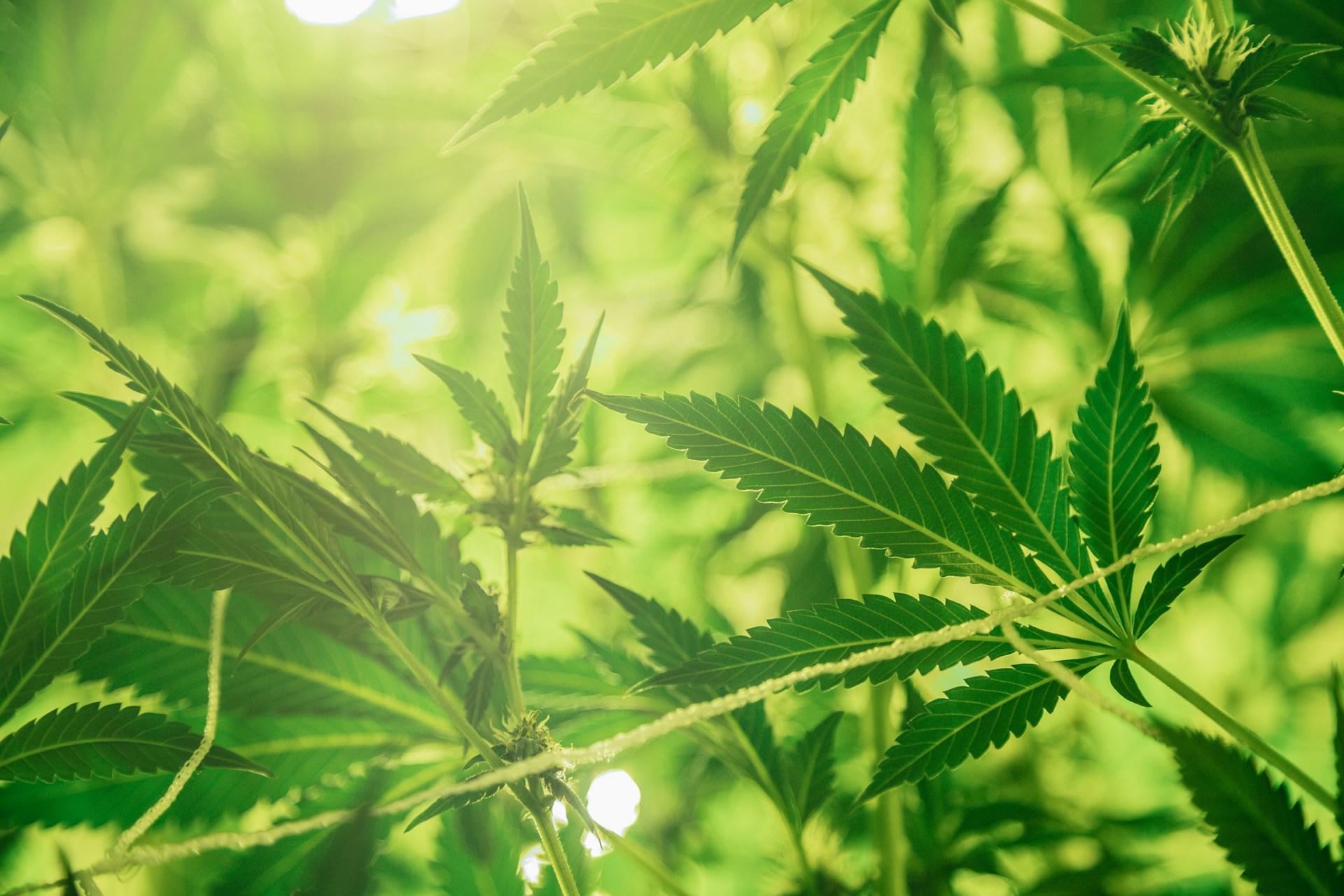Contents
- 1 Legislative Background and Timeline
- 2 Current Legal Status of Recreational Weed
- 3 Regulations and Age Restrictions
- 4 Permitted Usage and Consumption
- 5 Retail Landscape and Dispensaries
- 6 Taxation and Revenue Allocation
- 7 Social Equity and Criminal Justice Reforms
- 8 Public Opinion and Community Impact
- 9 Neighboring States and Federal Law
- 10 Future Outlook and Potential Changes
- 11 Conclusion
Legislative Background and Timeline
The historical context of cannabis prohibition in Virginia dates back several decades, mirroring the nationwide approach to marijuana criminalization. Over time, the general assembly’s stance on marijuana evolved as public attitudes shifted. From being seen as a dangerous substance, marijuana gradually gained recognition for its medical potential. The journey towards recreational legalization saw significant milestones, marked by a series of bills and acts introduced in the Virginia general assembly.
One crucial turning point was the Virginia Cannabis Control Authority Act, which laid the groundwork for the state’s regulated cannabis market. This act not only legalized recreational marijuana but also established the Virginia Cannabis Control Authority to oversee its implementation.
Current Legal Status of Recreational Weed
Virginia’s law legalizing recreational cannabis marked a monumental shift in the state’s approach to marijuana. The legislation permits adults aged 21 and over to possess a limited amount of marijuana for personal use. This distinction is vital; while possession is permitted, unauthorized distribution remains illegal. This legal framework reflects a balance between personal freedom and regulated control over marijuana distribution.
Regulations and Age Restrictions
The regulatory framework for recreational cannabis is robust, encompassing various aspects of its sale and use. Age restrictions are a key component, with only individuals aged 21 and above being permitted to purchase and possess cannabis products. To ensure safe and legal access, businesses engaged in cannabis-related activities must adhere to stringent licensing requirements. This approach aims to prevent unlawful operations and promote responsible practices within the industry.
The Virginia Cannabis Control Authority plays a central role in these regulations. Tasked with overseeing the implementation and enforcement of cannabis laws, the authority aims to strike a balance between the interests of consumers, businesses, and the broader community.
Permitted Usage and Consumption
Virginia’s laws concerning cannabis usage and consumption strike a balance between personal freedom and public safety. While individuals can legally use cannabis on private property, restrictions on public consumption are in place to maintain order and prevent potential disruptions. Designated consumption areas may be established in the future to cater to those without private spaces. Importantly, driving under the influence of cannabis remains illegal, emphasizing the state’s commitment to road safety.
Retail Landscape and Dispensaries
The path to legal cannabis has paved the way for a regulated retail landscape. Retail dispensaries are a vital component of this system, offering a range of cannabis products, including flower, edibles, and extracts. The licensing process for these establishments is stringent, aimed at ensuring compliance with regulations and preventing illicit activities. By facilitating legal access to a variety of products, dispensaries play a critical role in channeling demand away from the black market.
Taxation and Revenue Allocation
The taxation of recreational cannabis sales brings both economic benefits and challenges. The revenue generated from cannabis taxation is allocated to various sectors, including education and public health. This allocation aims to address potential societal impacts and ensure that the benefits of legalization extend to the broader community. However, finding the optimal tax rate is a delicate balance to prevent excessive taxation that might incentivize illegal market activity.
Social Equity and Criminal Justice Reforms
Virginia’s cannabis legalization efforts extend beyond economic considerations. The state is actively working on social equity initiatives within the cannabis industry. These efforts address historical disparities by prioritizing individuals and communities disproportionately affected by cannabis-related arrests and convictions. Expungement programs are also in place to provide a clean slate for those with certain cannabis offenses on their records.
Public Opinion and Community Impact
Public sentiment surrounding recreational cannabis legalization is diverse. While some embrace the potential economic benefits and new business opportunities, others express concerns about the impact on public health and safety. Communities are divided on whether legalization will lead to positive or negative consequences. These debates reflect the multifaceted nature of the issue and its potential to reshape various aspects of society.
Neighboring States and Federal Law
Virginia’s stance on recreational cannabis legalization places it within a complex regional and federal context. Neighboring states like Washington DC and Maryland have their own cannabis policies, creating a patchwork of laws that can impact cross-border movement and trade. At the federal level, the ongoing conflict between state and federal cannabis laws adds an additional layer of complexity. Changes in federal policies could influence the direction Virginia takes in the future.
Future Outlook and Potential Changes
As the legal cannabis landscape continues to evolve across the United States, Virginia’s policies are likely to undergo adjustments as well. Amendments to existing legislation may address emerging challenges and opportunities within the industry. National trends, consumer preferences, and advancements in cannabis research will all play a role in shaping the state’s approach to cannabis in the years to come.
Conclusion
By delving into the intricate details of Virginia’s recreational cannabis legalization journey, this article aims to provide readers with a comprehensive understandingof the legal landscape, regulations, and societal implications. Armed with this knowledge, individuals can make informed decisions and actively participate in discussions about the multifaceted dimensions of recreational weed in Virginia.
